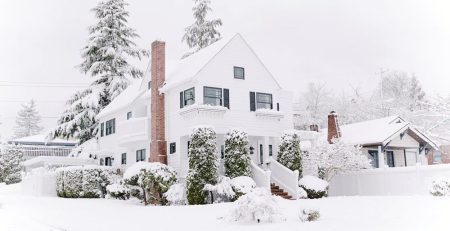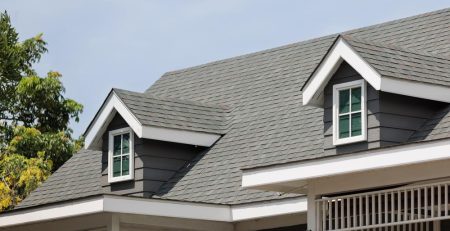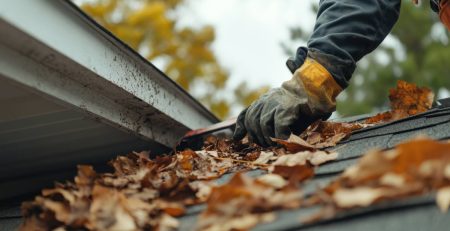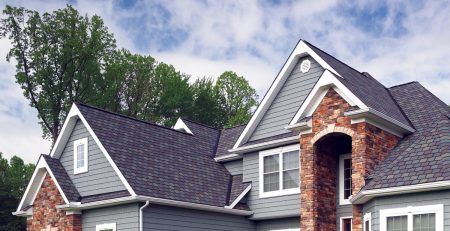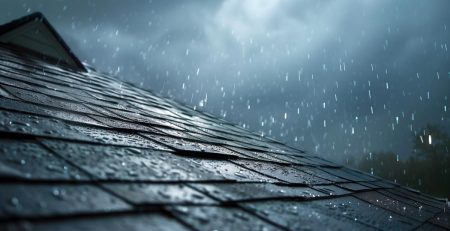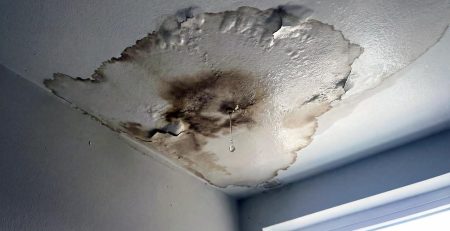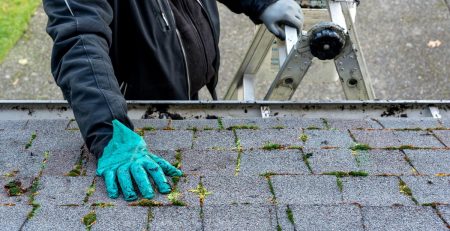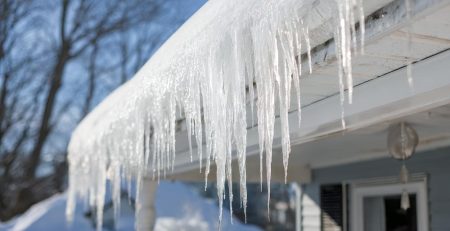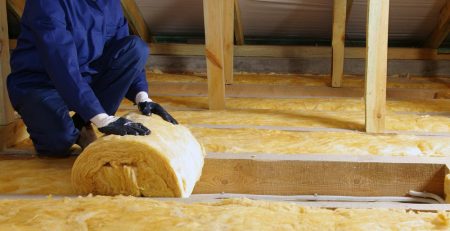Understanding Roofing Warranties: What’s Actually Covered?
Investing in a new roof is a big decision for any homeowner. While most people focus on choosing the right materials or hiring the right contractor, one often-overlooked detail are roofing warranties. Understanding what your roofing warranty covers—and what it doesn’t—can save you stress, money, and headaches down the road.
In this blog, we’ll break down the different types of roofing warranties available, what they actually cover, and what questions you should ask your West Michigan roofing contractor before signing the dotted line.
Why Roofing Warranties Matter
A roof is a major investment, and a warranty offers protection for that investment. But not all warranties are created equal. Some only cover materials, while others offer comprehensive protection including workmanship and installation errors. Knowing what you’re getting can help you avoid costly repairs that aren’t covered.
The Three Main Types of Roofing Warranties
1. Manufacturer’s Material Warranty
This is the most common type of roofing warranty. Offered by the manufacturer of the shingles (like Owens Corning, GAF, or CertainTeed), it typically covers defects in the roofing materials themselves.
Coverage Includes:
- Premature cracking, blistering, or granule loss
- Manufacturing defects
- Limited replacement of defective materials
What It Doesn’t Cover:
- Improper installation
- Storm damage
- Normal wear and tear
- Labor costs (unless you purchase an enhanced warranty)
2. Workmanship Warranty from the Contractor
This is provided by the roofing company that installs your roof. It covers problems related to poor installation practices.
Coverage Includes:
- Leaks caused by improper flashing or installation
- Misaligned shingles or poor sealing
- Nail placement errors
What It Doesn’t Cover:
- Material defects
- Storm damage
- Damage caused by lack of maintenance
Most reputable contractors in West Michigan, including Legend Roofing, offer a workmanship warranty ranging from 1 to 10 years. Some even offer lifetime workmanship coverage when paired with premium materials.
“West Michigan’s climate makes roofing warranties especially important. The freeze-thaw cycles, lake-effect snow, and seasonal storms can put even new roofs to the test.”
3. Extended Manufacturer Warranties
Some manufacturers offer extended warranties when certified contractors install their products. These cover both materials and labor, sometimes for up to 50 years.
Features:
- Transferable to new homeowners (a big resale benefit)
- Include tear-off and disposal costs
- Backed by the manufacturer
To qualify, the entire roofing system (underlayment, vents, shingles, etc.) must usually be from the same manufacturer and installed by a certified pro.
Key Questions to Ask Before Signing a Warranty
- What type of warranty am I receiving—material, workmanship, or both?
- How long is the warranty valid? Are there different coverage periods for materials and labor?
- Is the warranty transferable if I sell my home?
- Does the warranty cover tear-off and disposal?
- What are the conditions that could void the warranty (e.g., improper ventilation, homeowner repairs)?
- Is registration required for the warranty to be valid?
- What proof of maintenance or inspections is required to keep the warranty valid?
Common Misconceptions About Roofing Warranties
“I’m Covered No Matter What Happens.”
False. Most warranties have strict conditions, and exclusions for storms, acts of God, or lack of maintenance.
“I Can Do Minor Repairs Myself.”
Think again. DIY work can void both your manufacturer and workmanship warranty if it causes damage or alters the roof system.
“All Warranties Are the Same.”
Not even close. Always read the fine print, especially when comparing roofing bids.
Maintaining Your Warranty Coverage
To keep your warranty valid, make sure to:
- Have regular roof inspections (annually or after major storms)
- Document any repairs or professional services
- Clean gutters and keep debris off your roof
- Address ventilation and attic insulation issues
Roofing Warranties in Michigan: What to Watch For
West Michigan’s climate makes roofing warranties especially important. The freeze-thaw cycles, lake-effect snow, and seasonal storms can put even new roofs to the test. Some manufacturers offer algae-resistant shingles or cold-climate enhanced products that hold up better in the region.
Ask your roofing contractor if these options qualify for extended warranties. At Legend Roofing, we work with top-tier manufacturers to provide shingle systems designed for Michigan weather—and we stand behind our installation with a strong workmanship warranty.
FAQs: Roofing Warranties in West Michigan
Some are. Many manufacturer extended warranties can be transferred once, adding value to your home. Always confirm terms with your contractor.
Common issues include improper installation, lack of maintenance, unapproved repairs, and poor attic ventilation.
No. Storm damage is typically covered by homeowners insurance, not the roofing warranty.
Contact the manufacturer or your contractor with documentation, photos, and proof of purchase or installation.
Final Thoughts: Protect Your Investment
Roof warranties aren’t just fine print—they’re part of your home’s protection plan. By understanding your coverage and working with a reputable contractor, you can make a confident roofing investment that lasts for decades.
Need help navigating your roofing warranty or choosing the best coverage?
Call Legend Roofing at (616) 600-1130 or contact us here for expert advice and honest answers.



